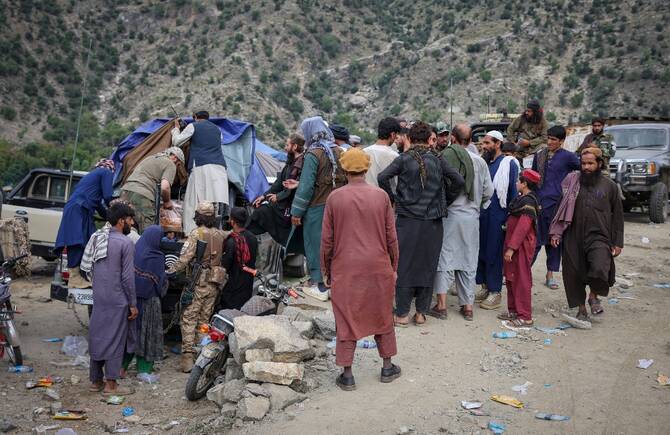New Delhi, April 4 – In a passionate stand for religious rights and community dignity, AIMIM MP Asaduddin Owaisi has moved the Supreme Court against the recently passed Waqf Amendment Bill, calling it a direct attack on the fundamental rights of Muslims in India.
Describing the bill as “brazenly unconstitutional,” Owaisi argued that it strips Muslims of their right to manage their own religious and charitable properties—something guaranteed to every religious group under Article 26 of the Constitution.
“This is not just legislation, it’s marginalisation,” Owaisi declared in Parliament, visibly emotional. “When Hindus, Sikhs, Jains, and Buddhists can manage their religious institutions, why are Muslims being singled out and denied that same right?”
A Symbolic Protest, Rooted in History
During the fiery Lok Sabha debate, Owaisi dramatically tore a copy of the bill, drawing a parallel to Mahatma Gandhi’s civil disobedience against oppressive laws. “Like Gandhiji said—if a law is unjust, tear it apart. That’s what I am doing,” he declared.
The Hyderabad MP’s protest wasn’t just symbolic—it reflected deep-seated fears in the Muslim community that this law is another step toward institutional exclusion. “This bill is designed to make Muslims feel like second-class citizens,” he said.
Others Join the Legal Fight
Congress MP Mohammad Jawed also approached the Supreme Court, echoing similar concerns. He stated that the bill imposes arbitrary restrictions on the management of Waqf properties and undermines the religious autonomy of Muslims.
Tamil Nadu Chief Minister MK Stalin has also condemned the bill and promised to challenge it in court, showing that the resistance to the legislation cuts across party lines.
Why the Bill Is Controversial
The Waqf Amendment Bill drastically changes how Muslim charitable properties are handled. It gives district collectors the final say on whether a property is Waqf or government-owned—stripping the Waqf Board of its previous authority. Oral declarations, once valid under Islamic tradition, are no longer acceptable. Only properties with official waqfnama documentation will be recognised.
Critics argue that this shifts religious decisions into the hands of bureaucrats, risking misuse, delays, and wrongful dispossession of Muslim charitable lands.
Despite the Outcry, Bill Passes
Even amid intense opposition, the bill cleared both houses of Parliament. In the Rajya Sabha, 128 voted in favour and 95 against. The Lok Sabha passed it after a marathon 12-hour debate, with 288 votes for and 232 against.
As the legal battle begins, many in the community are watching closely, hoping the Supreme Court will offer a fair hearing to a law they believe threatens their religious freedoms and heritage.
“This fight is not just about property,” Owaisi said. “It’s about our identity, our dignity, and our place in this country.”




